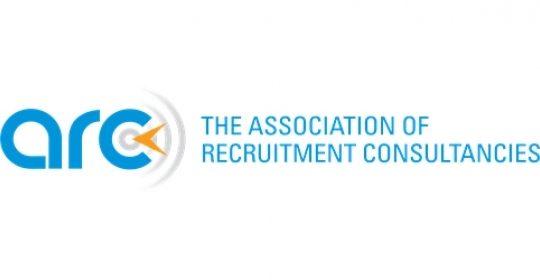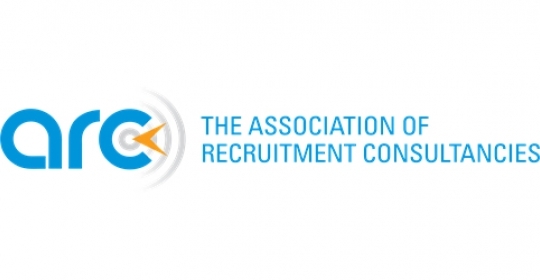Adrian Marlowe, chair of ARC, commenting on the result, said:
“Now that the direction over Brexit is clear we look forward to a focus by the government in some key areas affecting recruitment and employment. We hope that the promised review of IR35 can be done as soon as possible, as business needs to know whether it will apply from April 2020. However, we call for this review to be in conjunction with reform of employment status. In February 2018 it was recognised that ‘employment status is the core of both employment law and the tax system’, but that ‘it often fails to provide the clarity and certainty that individuals and businesses need’. The Good Work Plan in December 2018 promised to review employment status, yet little action to provide that clarity has yet been taken.
“IR35 relies on determination of employment status and many businesses affected will not only suffer from lack of certainty but may be forced to undertake unnecessary administrative change and pay inappropriate levels of tax as a result. It makes little sense to proceed with the IR35 change without reviewing the employment status rules.
“As the country leaves the EU, now is the time to progress this area and move to a fairer system, less reliant on uncertainty and costly court and tribunal action. The UK has lead the way by recognising that flexibility of engagement is attractive to both employers and workers. This should not be lost, as is threatened by the proposed IR35 extension. It must be possible to protect the rights of workers whilst at the same time allow for flexibility without penalising businesses. Tax avoidance stems from the ambiguity that currently exists.
“We welcome investment in the NHS, education and climate change policy, particularly as the UK aspires to lead on climate change technology. Each demands policies for staff supply that promote work in the UK to those we need from home and abroad to address the highlighted shortages. Recruitment and employment specialists will inevitably remain key. Suitable immigration and tax policy will enable them to fulfil their function to help achieve government objectives in these critical areas. At the same time we would welcome greater investment in national training in the areas that are really necessary for example health, education and green technology, and believe a sharper focus for the apprenticeship levy into these areas is compelling.”








